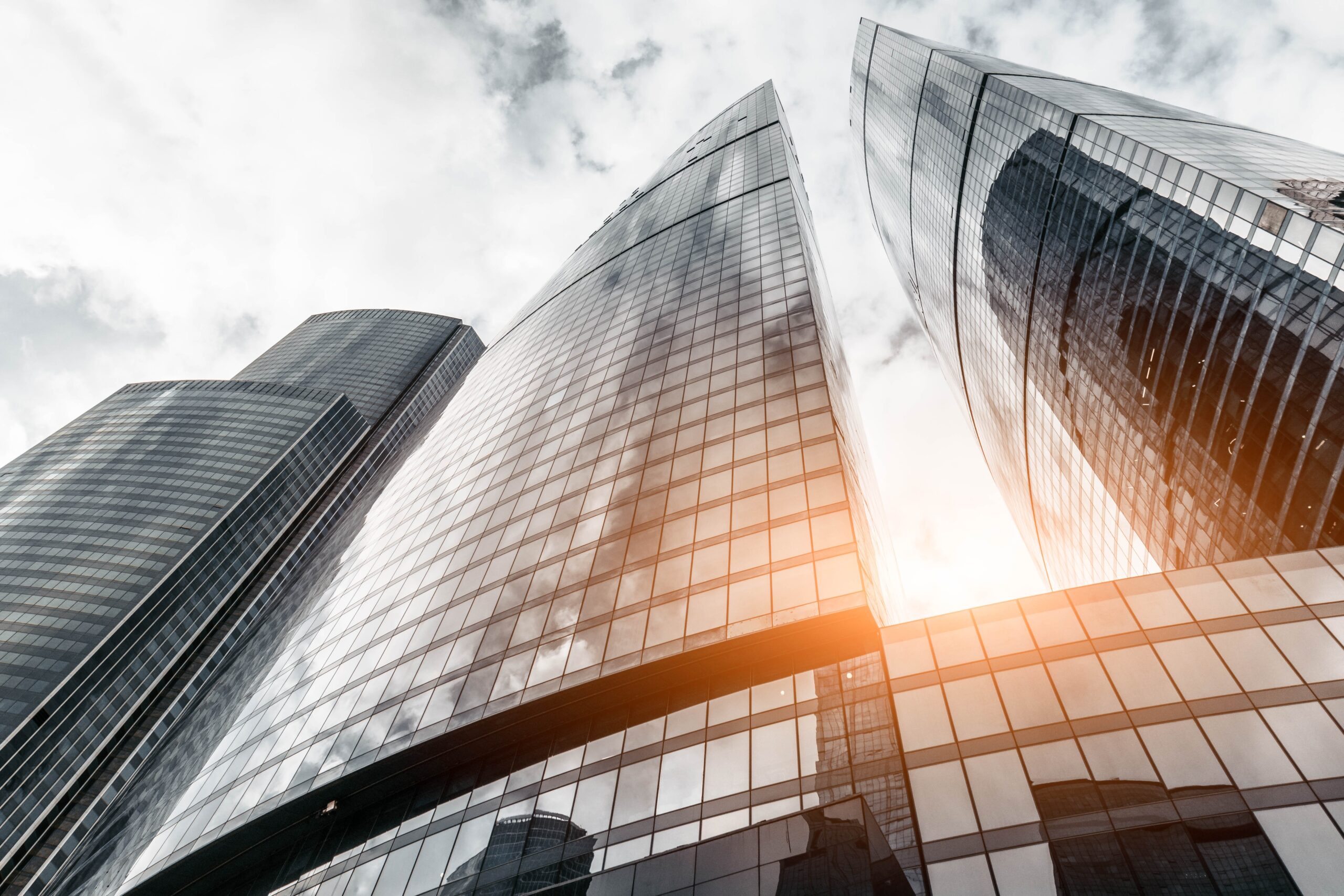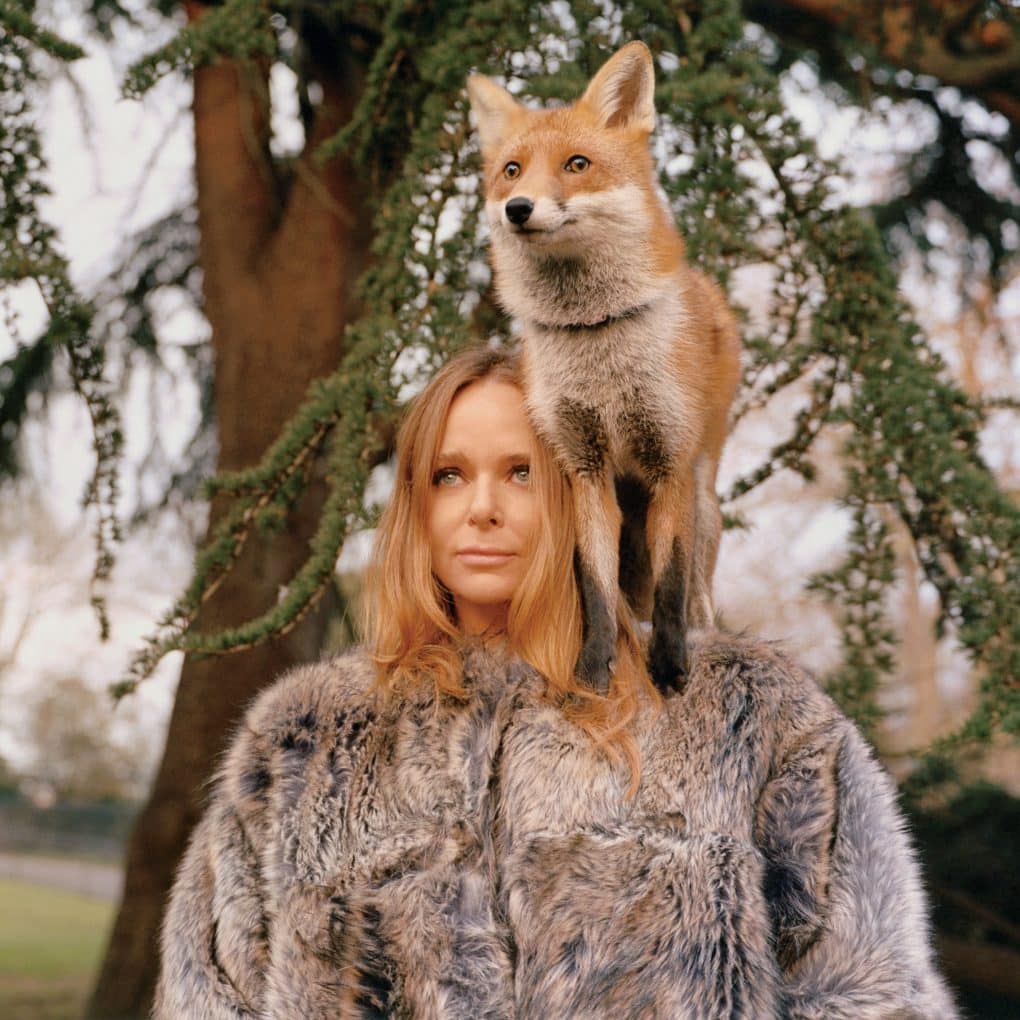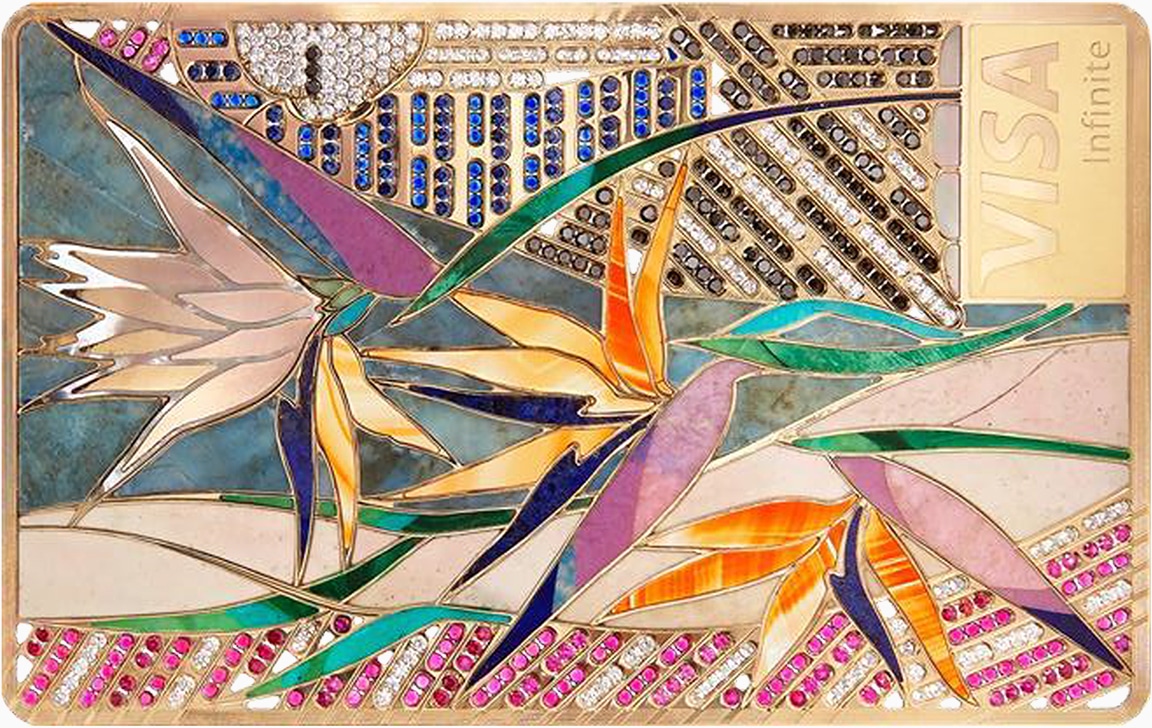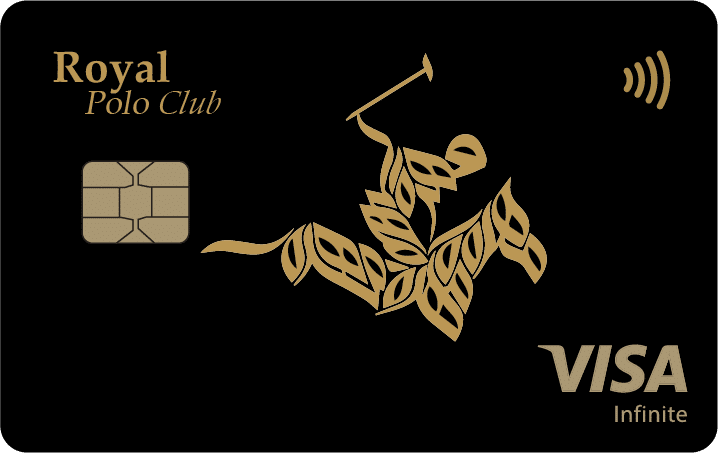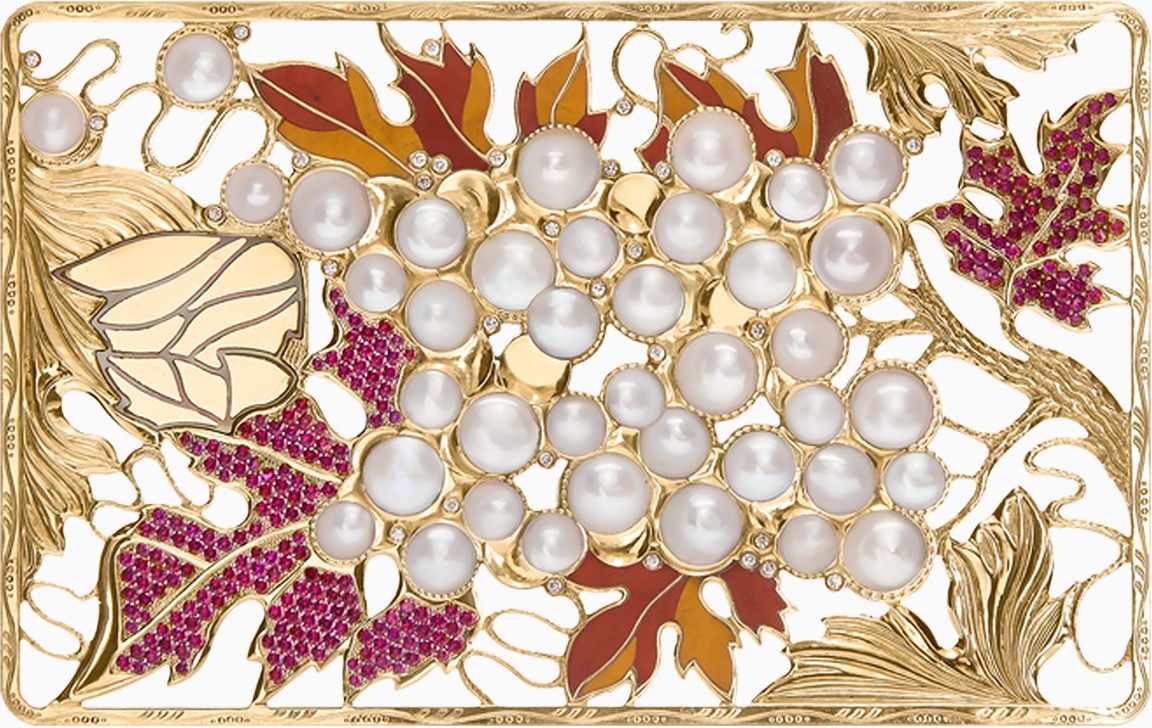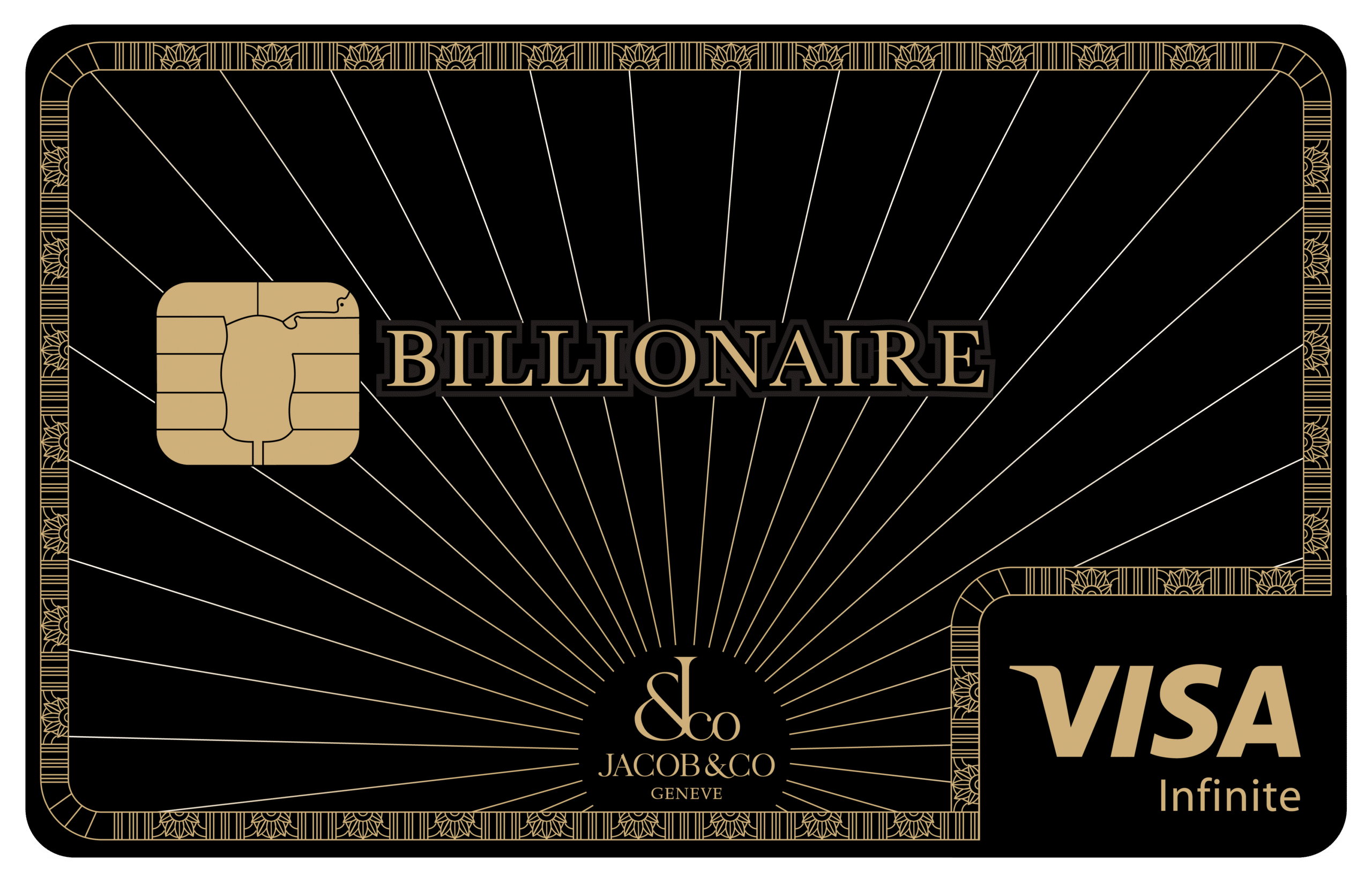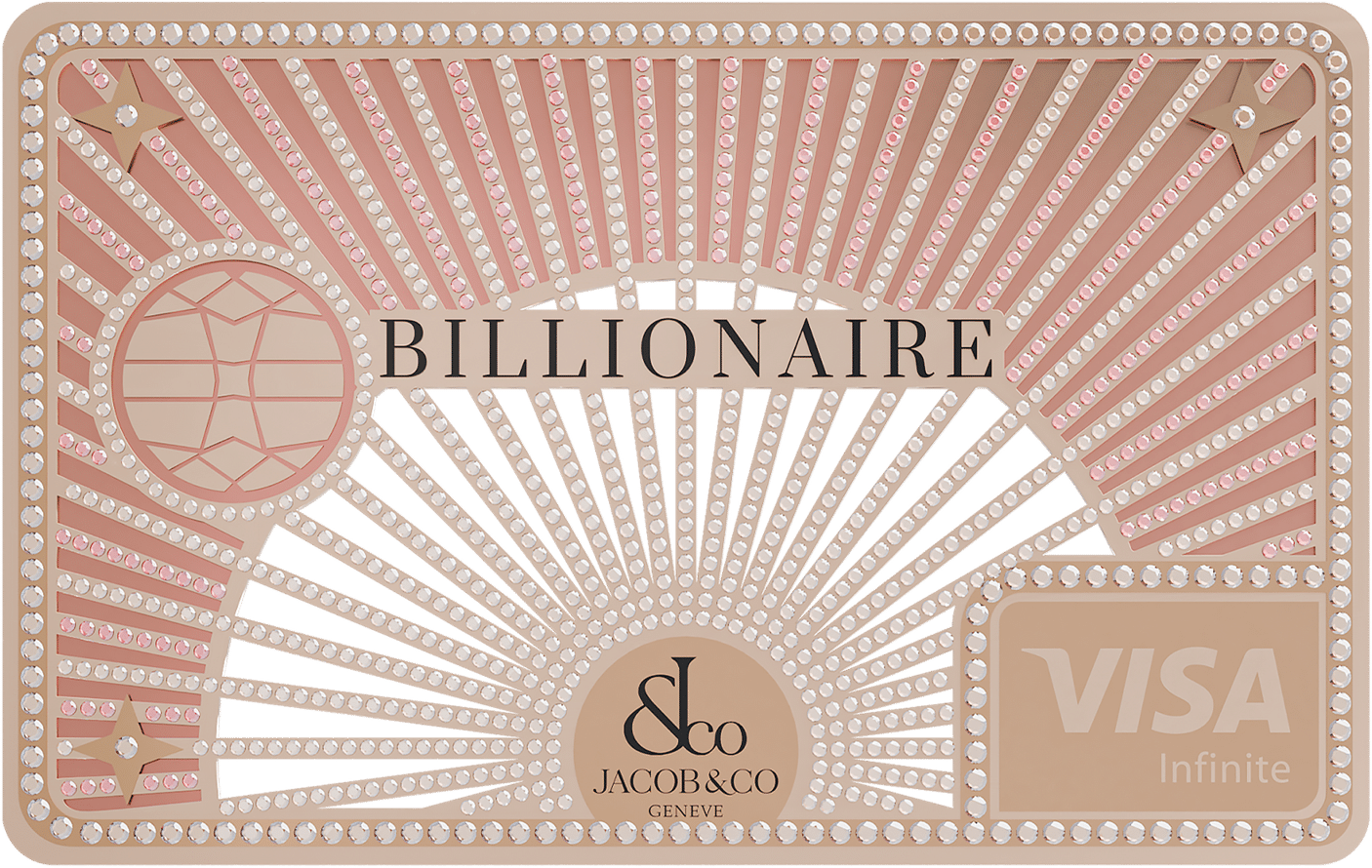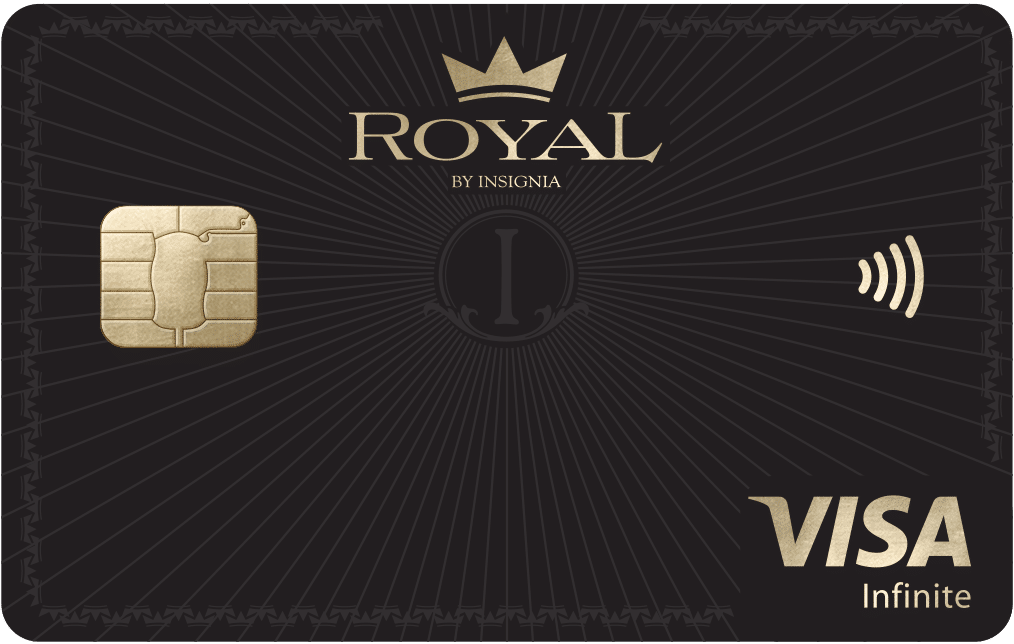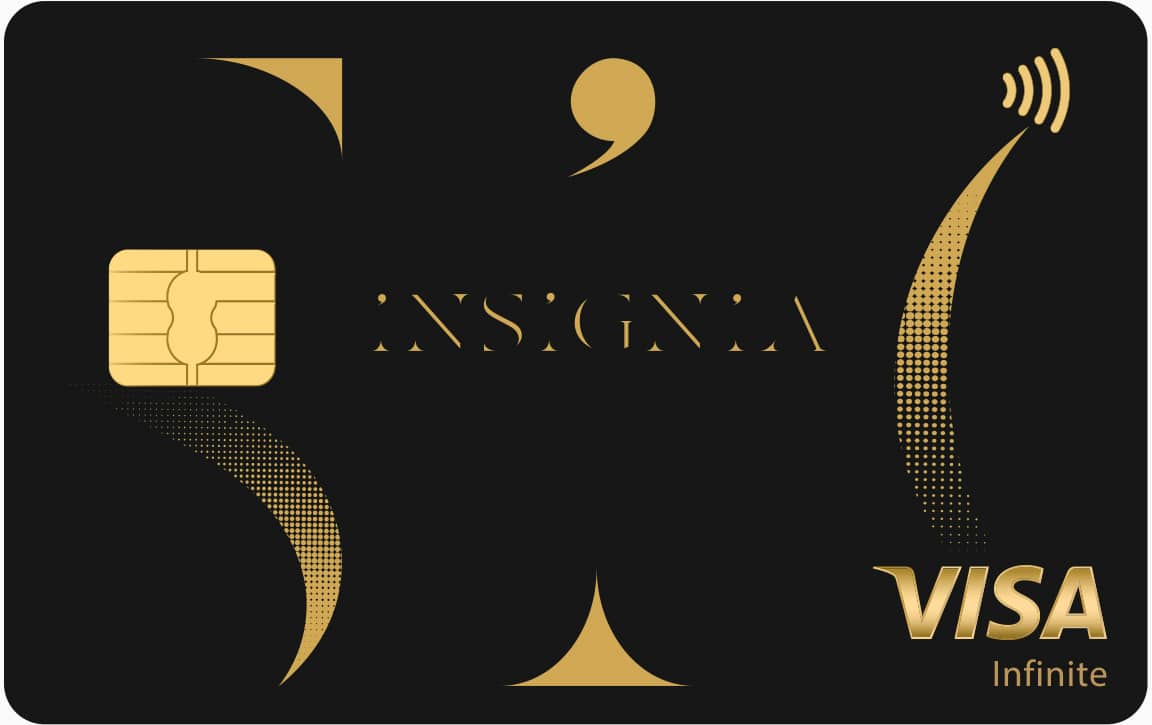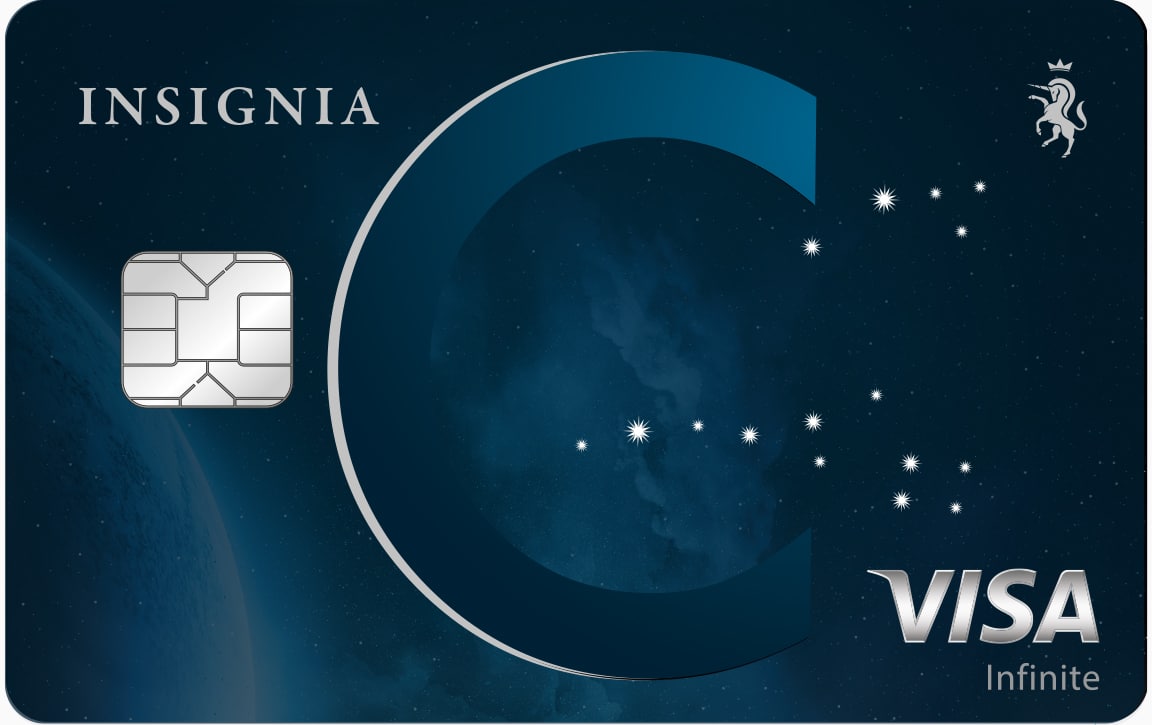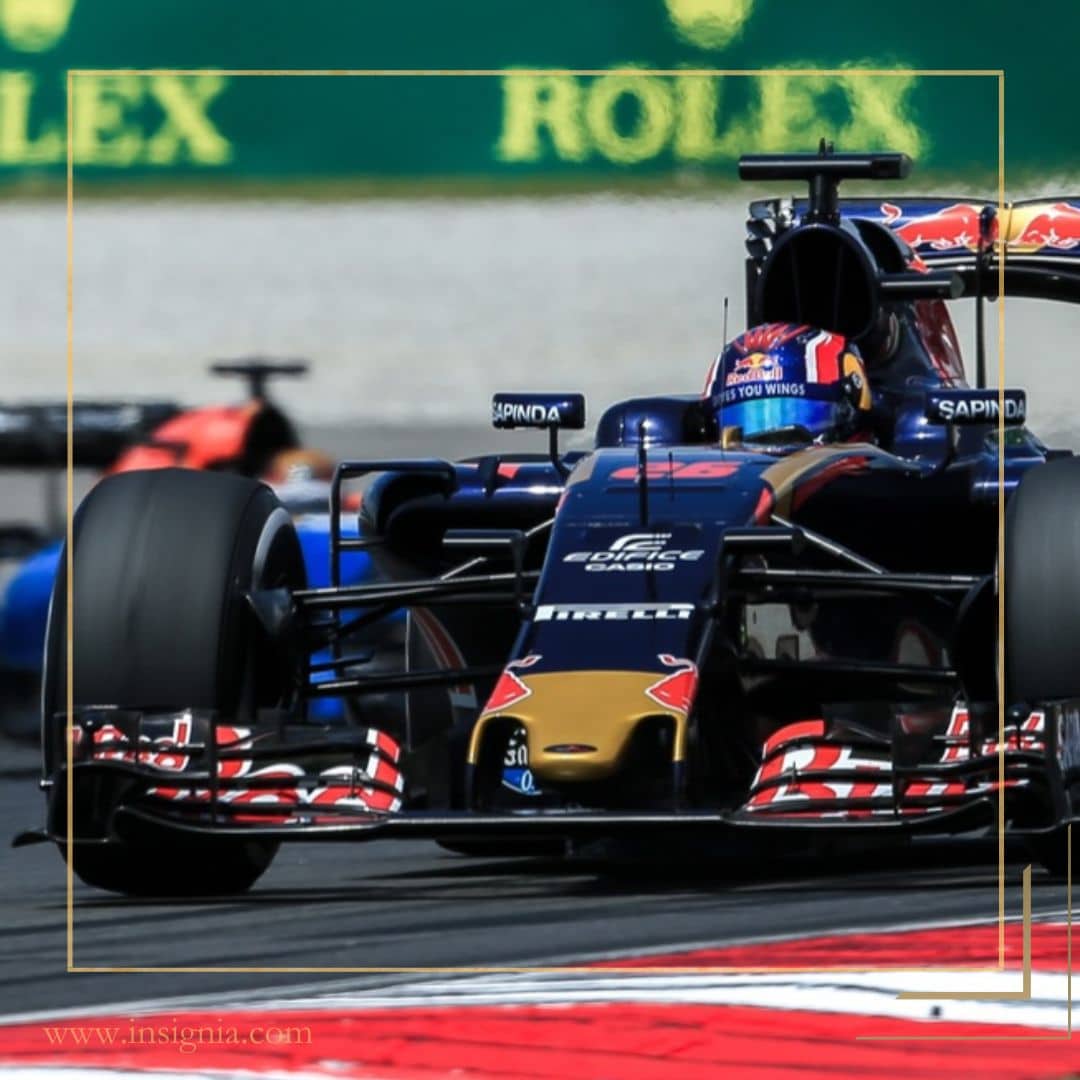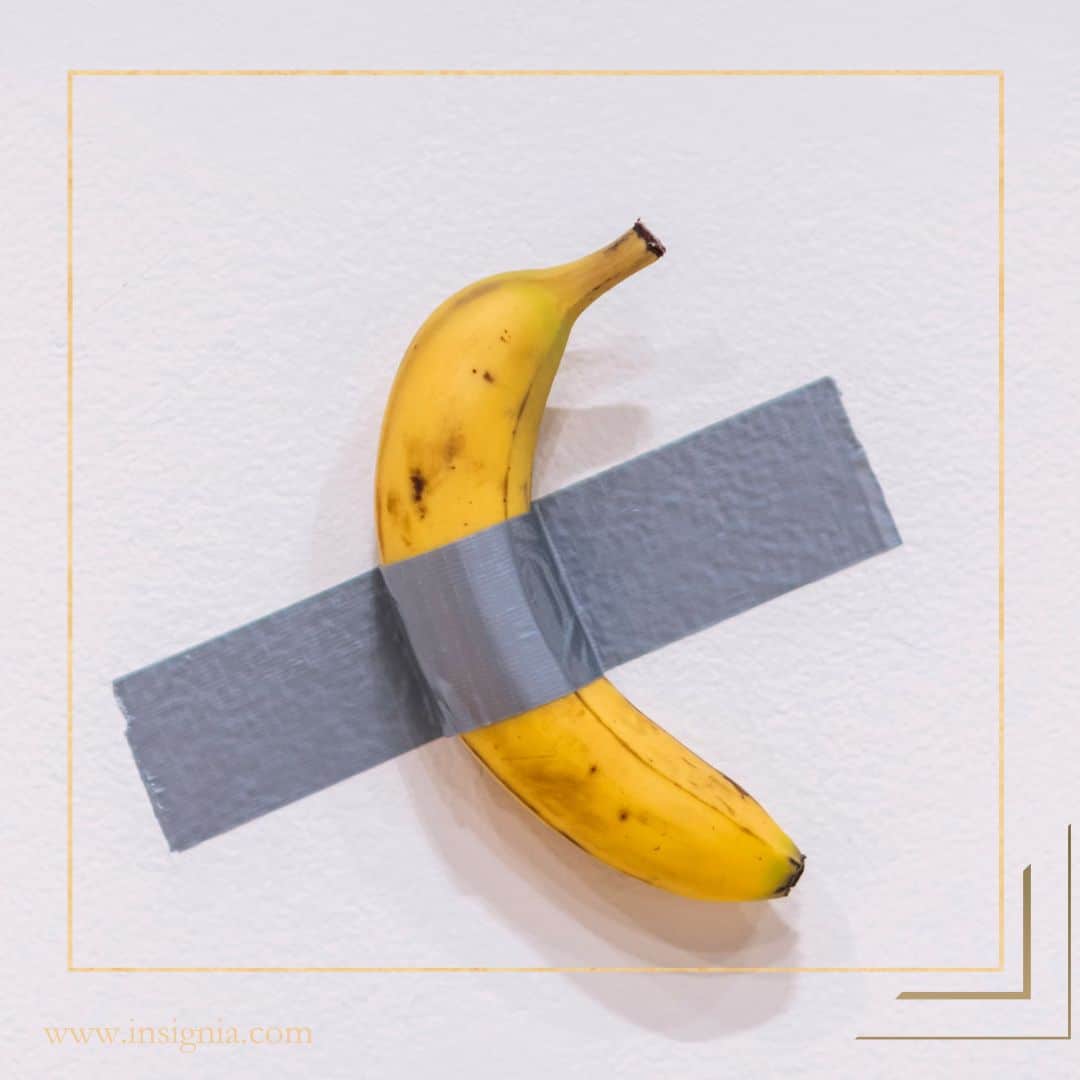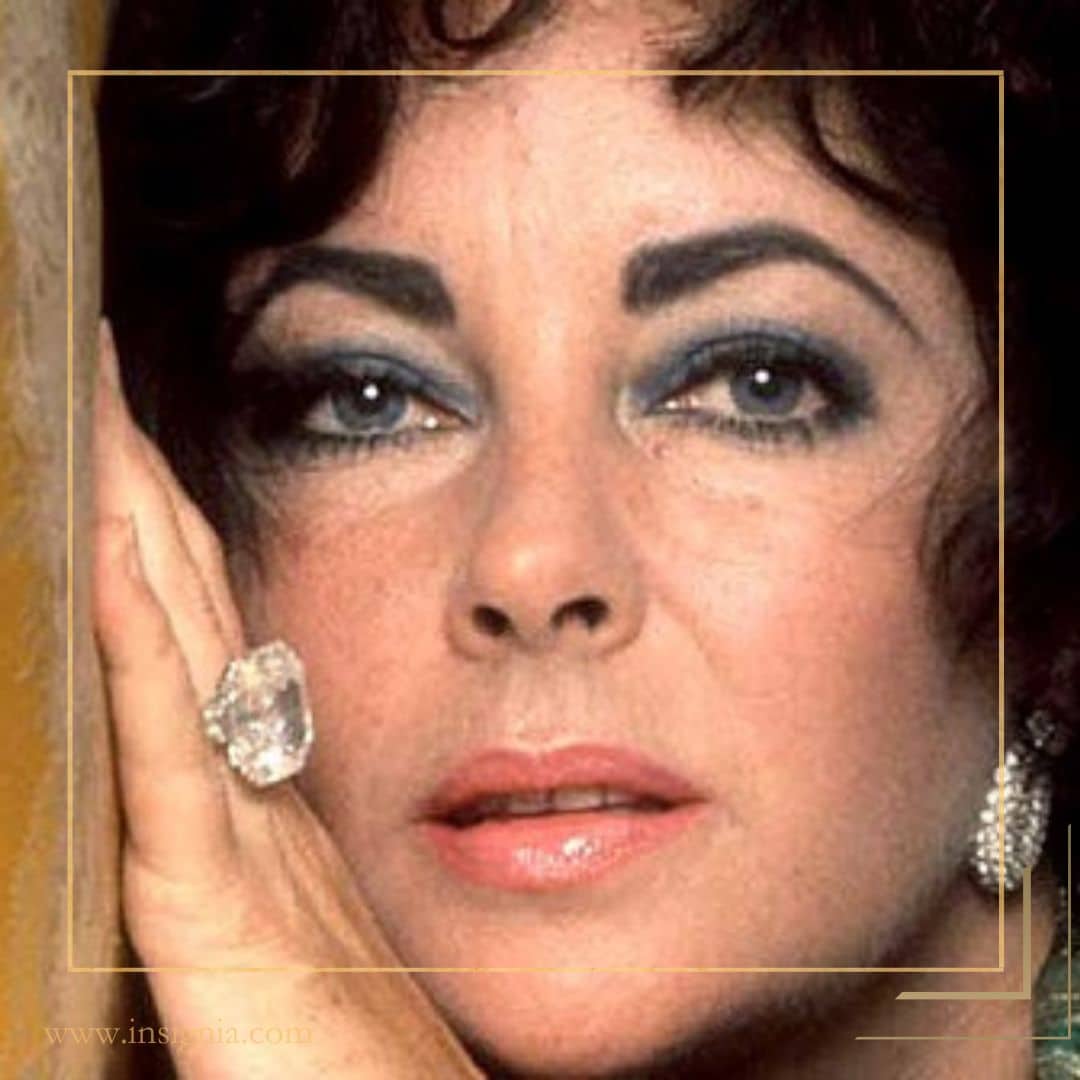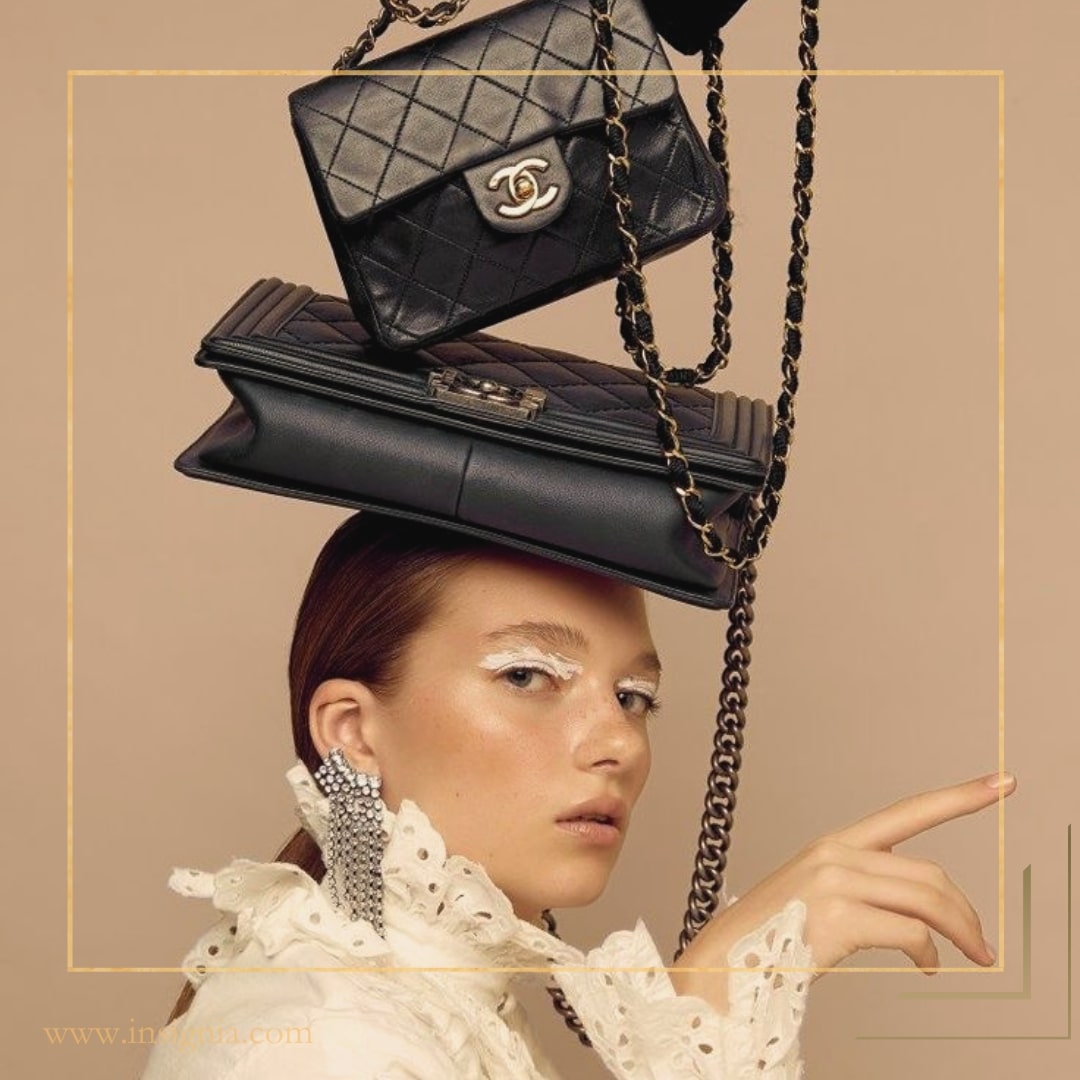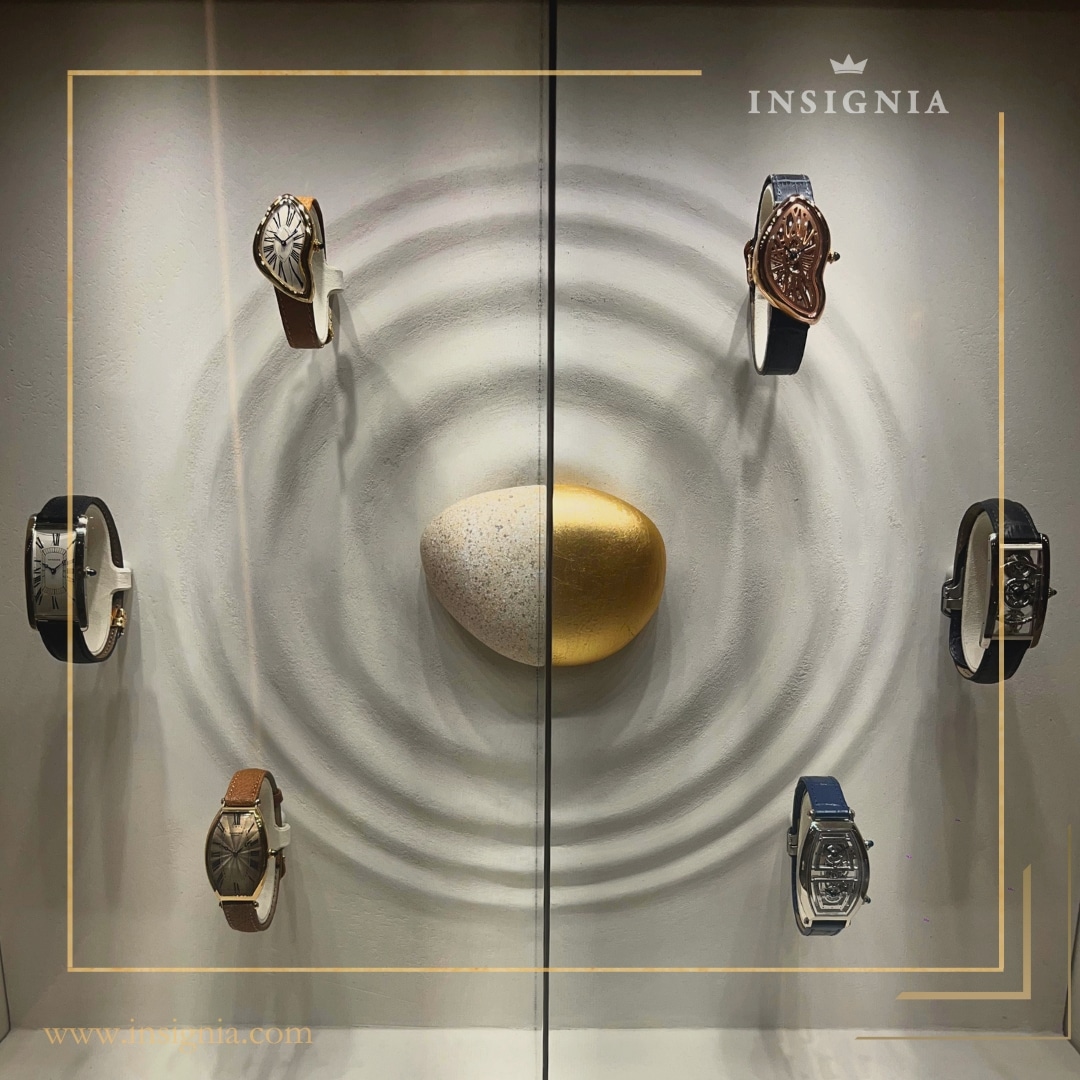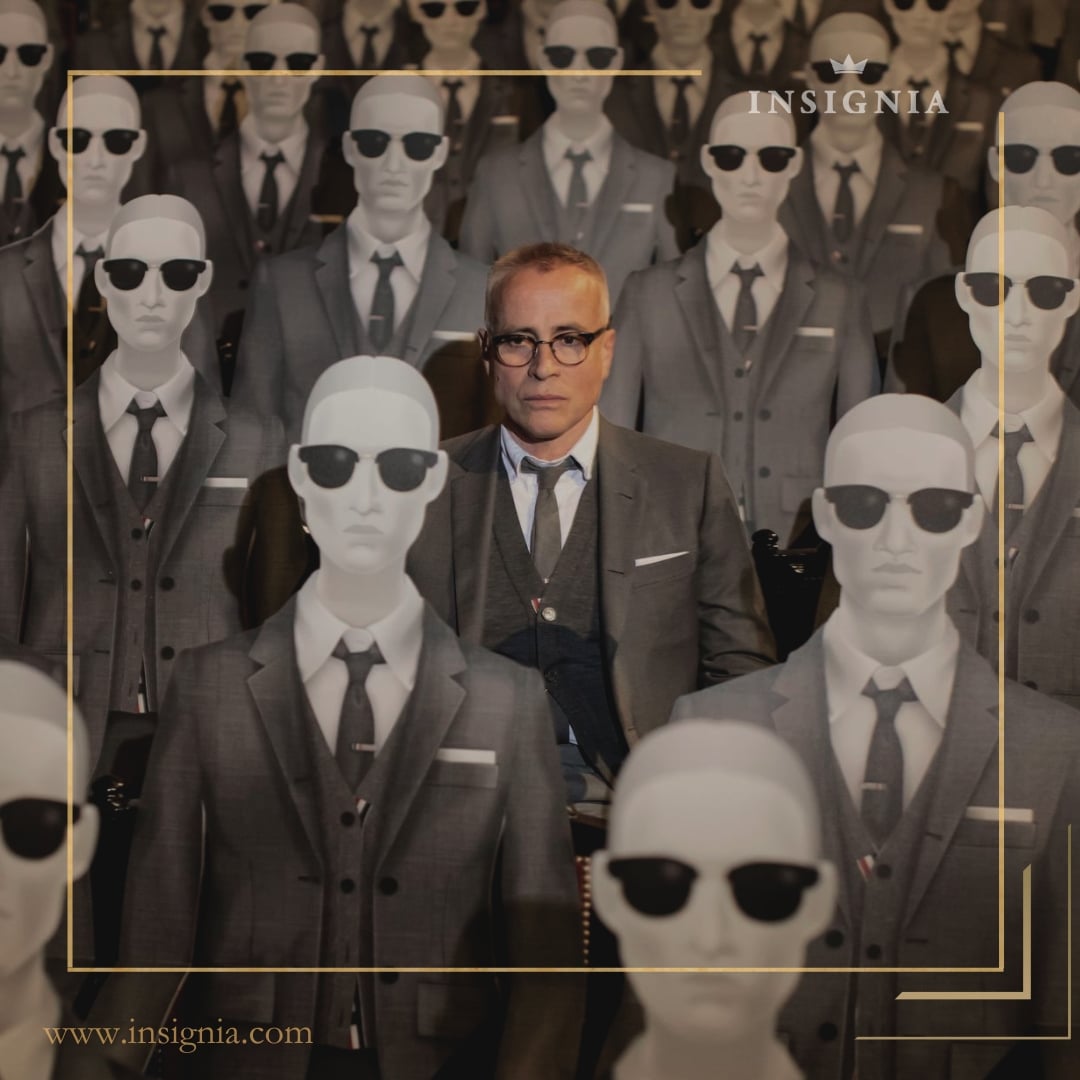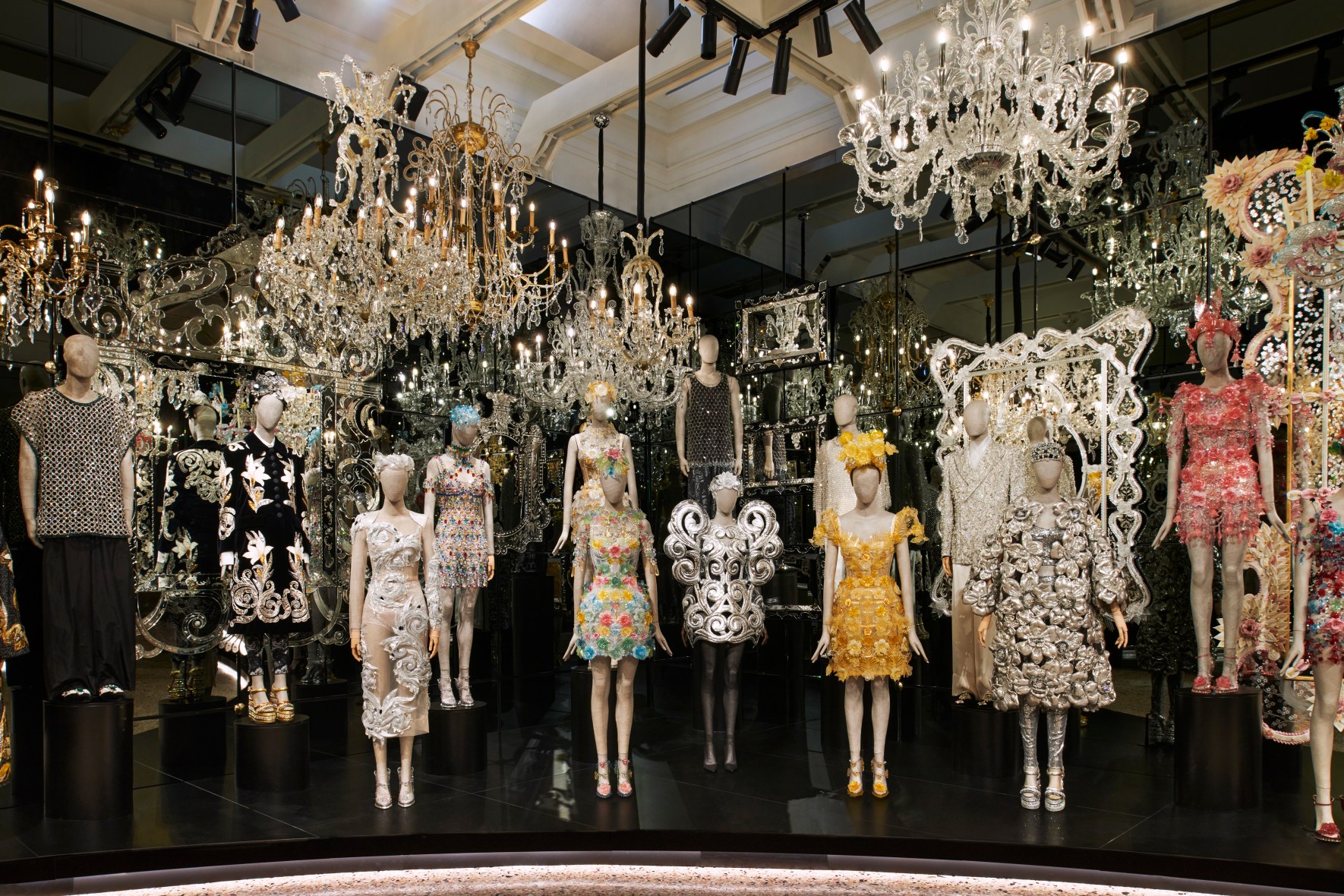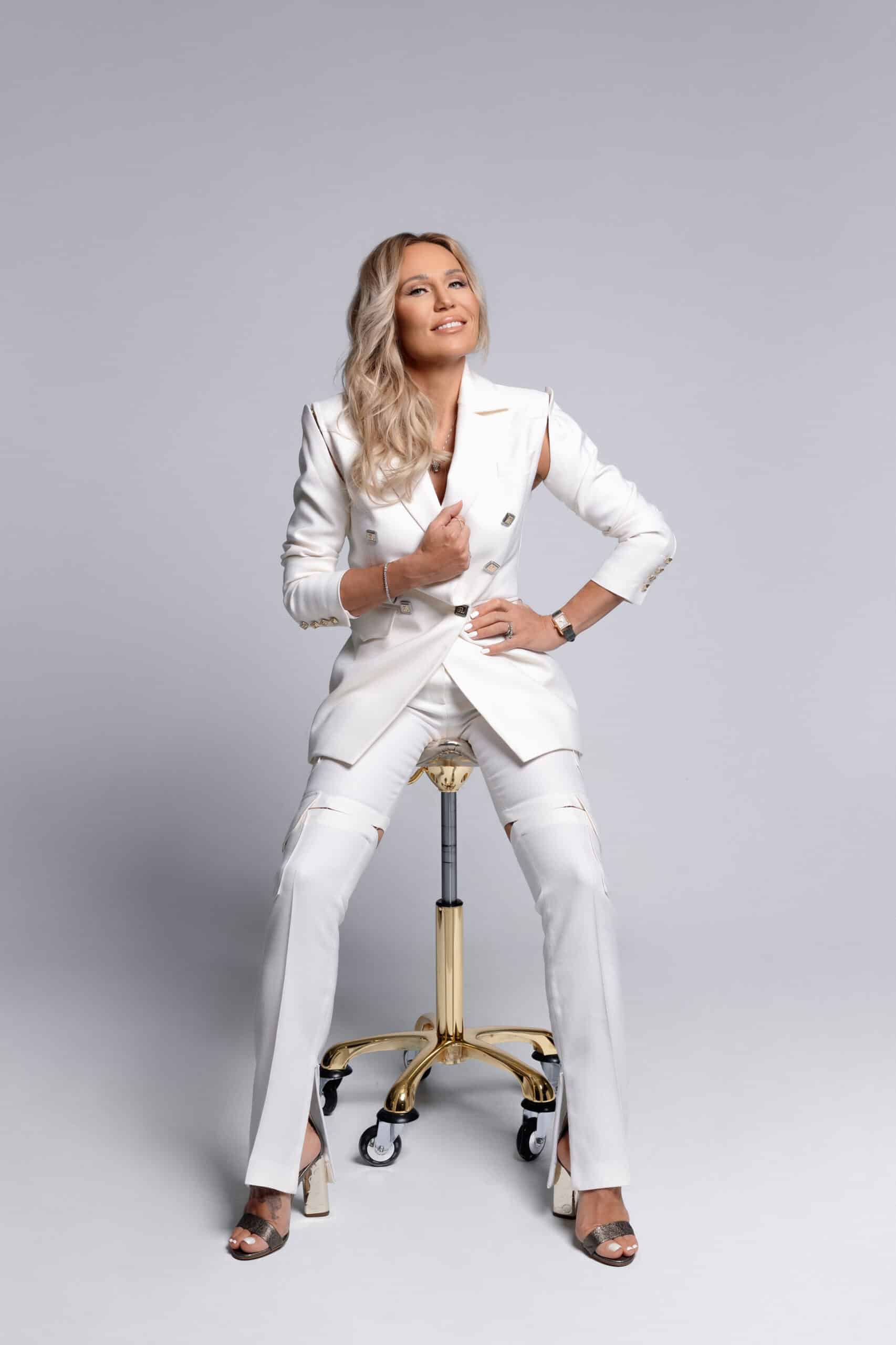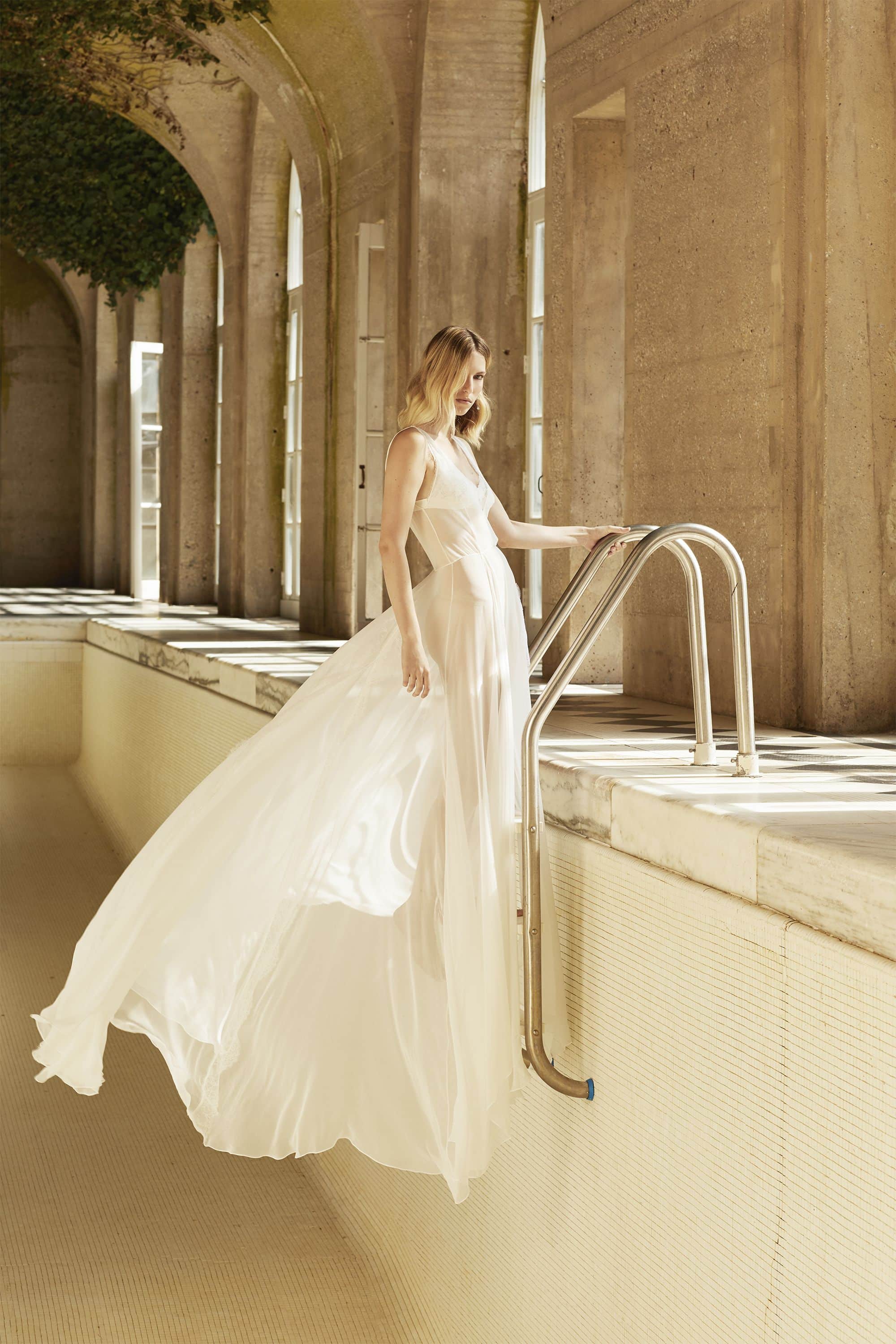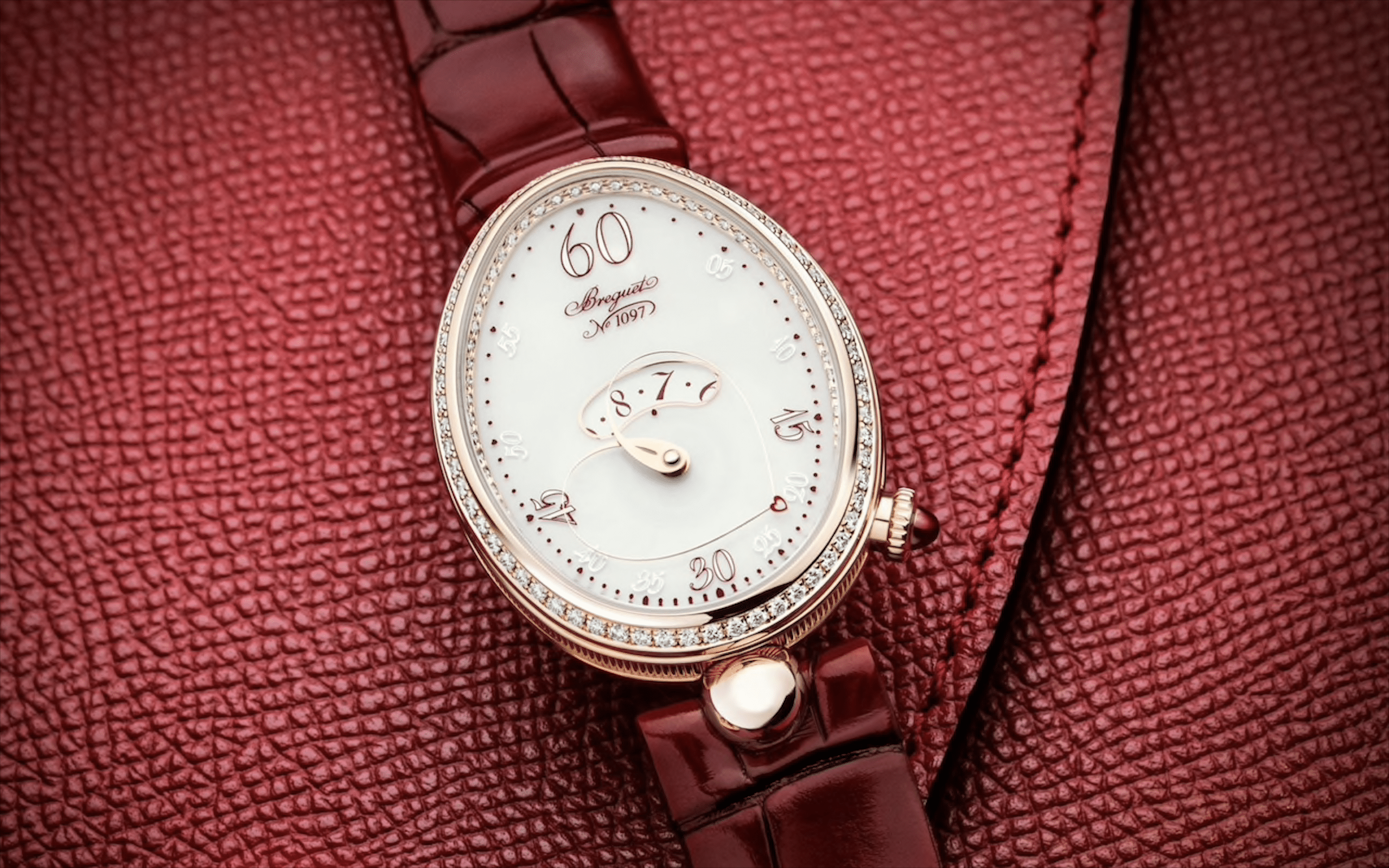Are luxury brands adapting to the volatile demands of ecological behaviour while maintaining their core values?

Celebrated designer Tom Ford once remarked, “Luxury is not going out of style. It needs to change its style. We need to replace hollow with deep.” He was referring to luxury brands adapting towards their consumers’ demands for goods and services with built-in social responsibility, ethical practice and environmental concern.
Why has the burden of change fallen onto the shoulders of luxury brands? Quite simply, because luxury brands are industry role models and they have the profit margins as well as the mandate to set the benchmarks which other brands must aspire to. With this in mind, I would like to draw your attention towards a clutch of “eco-chic” brands that are shaping the future of sustainable luxury.
John Hardy
John Hardy is a luxury handmade jewellery brand founded in Bali in 1989. Its “greener every day” motto is a belief that a business can prosper while respecting the people it employs and preserving its surrounding environment. The company itself exists on self-sustaining eco-paradise called “the compound”, made from open-air bamboo structures, surrounded by ancient temples and rice paddies. Despite its humble operations, John Hardy is a multi-million dollar company that pledges 10% of sales from its exclusive Hijau collection to ForestEthics, a group that fights the exploitation of forests in North America.
Tesla Motors

Silicon Valley-based Tesla Motors design, manufacture and sell Tesla Roadster; the first fully electric sports car in the world. The Tesla Roadster generates a third of the CO2 compared to a standard hybrid vehicle and is twice as efficient. Furthermore, it is six times more efficient than the average sports car while generating one-tenth of pollution. A total production run of 2,400 was shipped to over 30 international countries.
MADARA
MADARA is a Latvian eco-cosmetics company with a range of beauty products created from natural and organic resources. The founders of MADARA have a long-standing personal interest in sustainability and work to preserve unspoiled land, as well as the diversity of flowers, grasses and herbs. MADARA also supports local farmers and manufacturers by harvesting its ingredients locally and using fully recyclable materials for its packaging. All MADARA products are ECOCERT certified.

Stella McCartney
The Beatle’s daughter has long outgrown the shadow of her famous father with her own highly sought after designs and trendsetting style. A lifelong vegetarian, Stella McCartney does not use any fur or leather in her designs, has an organic skincare range, various organic cotton collections and a sustainable sunglasses collection made from natural and renewable materials. Acknowledging that the brand is not yet 100% certifiably eco-friendly, she says, “[doing] something is greater than [doing] nothing.” Known for setting the trend, she is a shining example of where luxury brands are readjusting to fit the eco mould.

Although these are just a handful of the companies leading the way to a greener future, they not only show that luxury brands are quickly adapting, but that in doing so they need not compromise on style or exclusivity while reaching today’s, increasingly demanded, eco-friendly standards.
